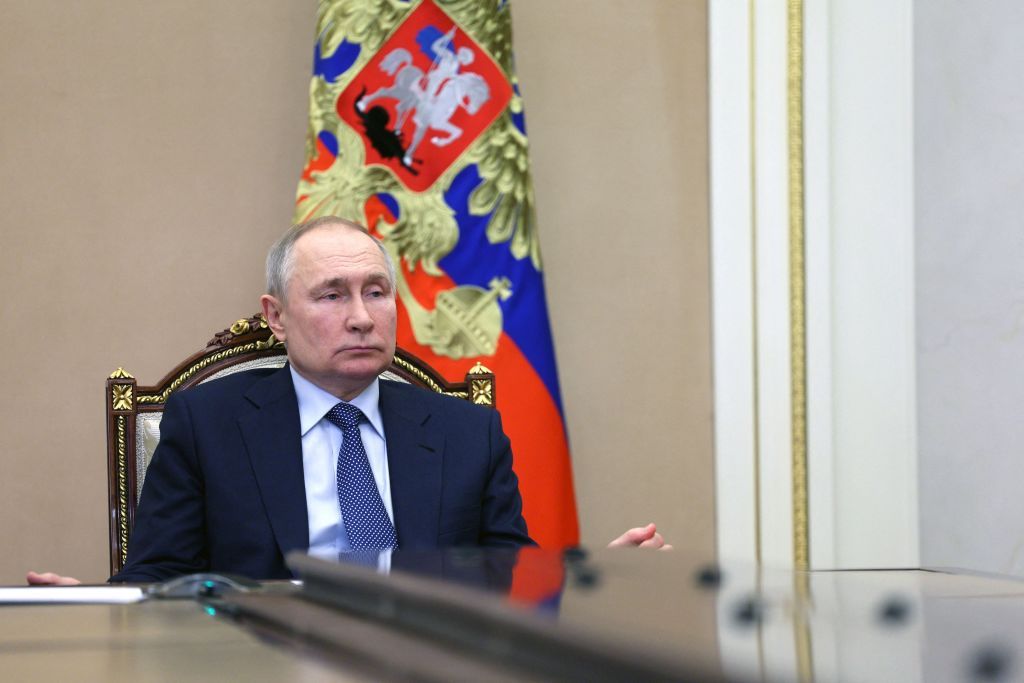Ukraine's parliament ratifies ICC's Rome Statute.
Support independent journalism in Ukraine. Join us in this fight.
Become a member Support us just onceUkraine's parliament ratified the Rome Statute of the International Criminal Court (ICC) on Aug.
21, lawmaker Yaroslav Zhelezniak said. The ratification was supported by 281 lawmakers, with one voting against. President Volodymyr Zelensky submitted a package of bills on the ratification of the statute earlier in August.
Ukraine signed the Rome Statute in 2000 but has not ratified it since then. In 2015, Ukraine emphasized the ultimate necessity of ratification through a decision made by the National Security and Defense Council. Following the beginning of Russia's full-scale invasion of Ukraine in 2022, authorities considered ratifying the Rome Statute, but only after the end of the war.
The Ukrainian government has not yet commented on how the ratification will be applied. At the same time, Ukraine has already allowed the ICC to investigate crimes committed in its territory, which de facto recognizes the body's jurisdiction. The Rome Statute is the first international criminal law that recognizes forms of sexual violence like rape, sexual slavery, and enforced sterilization as distinct war crimes.
The document has been ratified by 124 states. Russia signed the statute -- as did the U.S. -- but later withdrew its signature. In March 2023, the ICC issued arrest warrants for Russian President Vladimir Putin and Russian Presidential Commissioner for Children's Rights Maria Lvova-Belova, as the Russian official allegedly overseeing the forced deportations of at least tens of thousands of Ukrainian children to Russia and Russian-occupied territories.
The ICC also issued arrest warrants for Sergei Shoigu, secretary of Russia's Security Council (who formerly served as Defense Minister), and Valery Gerasimov, chief of the General Staff of the Russian army, for war crimes against Ukraine.
Mexico denies Ukraine's request to detain Putin during visit
"We can't do that," Mexican President Andres Manuel Lopez Obrador told journalists, adding that "it's not up to us."
